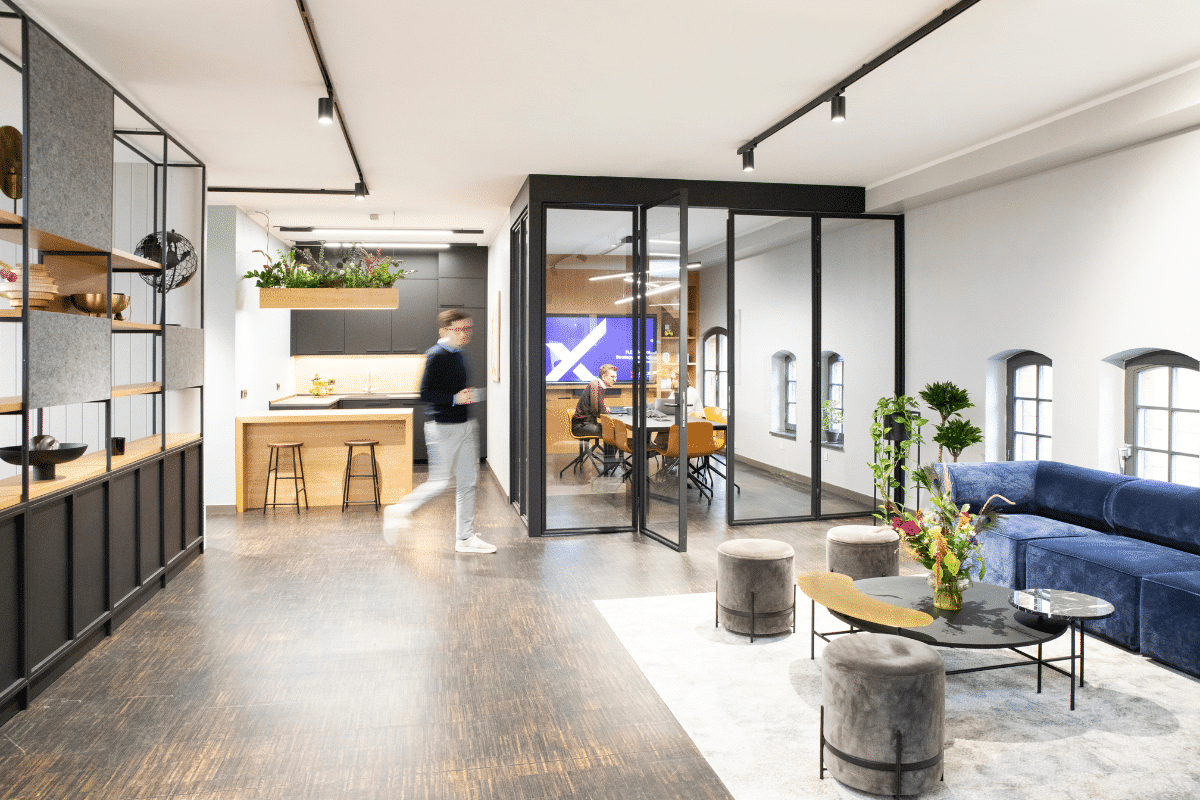Political uncertainties such as the war in Ukraine, disrupted supply chains, and a changing interest rate environment are currently dominating the economic landscape. The outcomes of many prevailing issues are difficult to predict, leaving many economic actors in a state of uncertainty. How do private equity investors, such as FLEX Capital, view the current developments, and what risks and opportunities arise from the current situation?
High capital availability with altered risk appetite
In recent years, we have experienced historically low interest rates, which led to extremely cheap money. As a result, a significant amount of capital flowed into alternative asset classes such as venture capital or buyout funds. During times of cheap money and capital influx, financial investors were able to equip themselves with more financial resources than ever before. Global private equity investors fundamentally have ample capital available for making investments (“dry powder”). According to data provider Preqin, the amount of uninvested capital in Europe alone exceeds $400 billion. When considering North America as well, this figure reaches a value of $1.7 trillion. Despite the abundant available capital, it is expected that the risk appetite of most investors will change due to the current interest rate environment. Investors may scrutinize potential investments more critically and assess them with a higher risk discount. Furthermore, investments are likely to shift towards industries that are generally considered more “resilient” (such as healthcare). In addition to crisis-resistant sectors, investments are likely to shift towards companies with stable metrics (see the next section). Due to the high availability of capital, it is expected that valuations for these companies will remain stable or even increase.
How is the view of companies changing at FLEX?
What impact does the current market situation have on entrepreneurs, and how does the perspective on companies change at FLEX?
The COVID-19 pandemic has already put the crisis resilience of many companies to the test. However, the aspects under which we at FLEX evaluate companies do not change significantly, even in times of crisis. Rather, existing criteria come even more to the forefront, highlighting the importance of these criteria.
1. A good product
The foundation of a crisis-resistant business model remains a good product. For instance, if a company has been able to acquire more customers compared to the respective period, this is especially a strong indicator of a good product and effective sales performance, particularly during times of crisis.
2. Customer concentration
Furthermore, entrepreneurs should always keep customer concentration in mind during business development. During times of growth, the aspect of customer concentration might often be overlooked, whereas the loss of key accounts can become a significant issue during crises.
3. Margin stability
In times of rising costs, the ability to pass on these costs is an important factor. If a company manages to make its product indispensable or difficult to replace, it could lead to a situation where the costs of replacing the product for the customer would be much higher than accepting potential price increases. This is often the case with software solutions that are deeply integrated into the end customer’s IT infrastructure. Such products generate stable and sustainable cash flows, which are of great importance to Private Equity firms, as is well known.
4. Cash flow
Due to the increased macroeconomic risk and the more challenging financing conditions, the criterion of cash flows becomes even more prominent in times of crisis. In this regard, it is not only the historical development of cash flows that matters but also the projected future development. This can be derived from factors such as pricing power, the nature of the product, and the characteristics of the customers, among others.
5. Development potential
One of FLEX’s strengths is its support for portfolio companies through its own entrepreneurial experience. Especially mid-sized companies often haven’t fully realized their potential yet and can therefore still be well-developed. A crucial criterion for FLEX is, therefore, the willingness for (positive) change within the respective organization.
6. Management cohesion
In this context, collaboration with the management is of central importance. Especially in times of crisis, it becomes evident why this is the case. Conflicts of interest, disputes, or a lack of trust within the management can be a threat to the positive development of the company, particularly during challenging times. Therefore, the quality of the management and the maintenance of a healthy organizational culture are important factors for FLEX.
Studies show that companies led by Private Equity often weather crises very well or even gain market share. One reason for this resilience can be the experience and support that Private Equity firms bring. Nils Engelking, founder and former CEO of our former majority stakeholder “Egoditor,” summed it up well in the “ARRtist” podcast: “I believe these are phases











